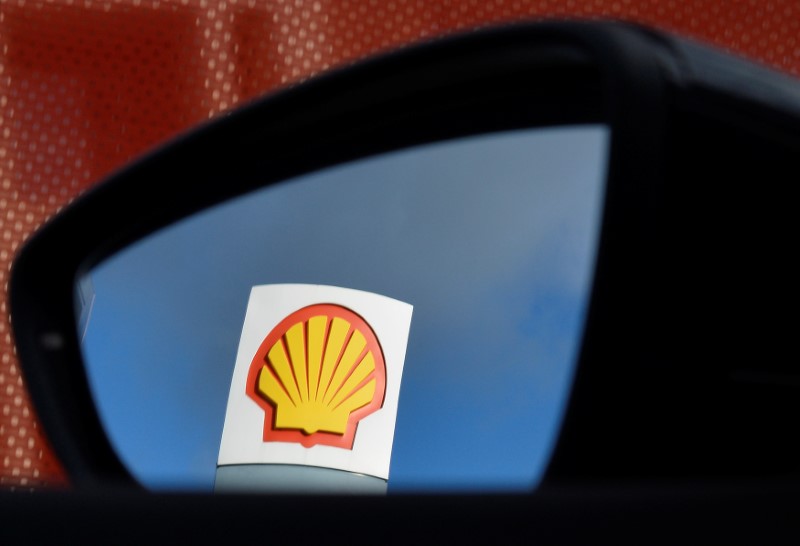LONDON (Reuters) - Royal Dutch Shell (L:RDSa) has submitted a plan to the British government for dismantling its Brent North Sea production platforms, a turning point for the UK oil industry as operators face the huge challenge of gradually abandoning depleted fields after 40 years of production.
Shell on Wednesday lodged the plans for decommissioning production at the huge Brent field, which lends its name to the globally traded benchmark crude oil grade and which has produced over 3 billion barrels of oil equivalent since 1976.
The government has in turn invited public responses to Shell's proposals over the coming 60 days, a longer consultation period than usual because the decommissioning programme is so complex. It will then analyse the feedback and subsequently decide whether to approve the plan.
"Any decommissioning plan will be carefully considered by the government, taking into account environmental, safety and cost implications, the impact on other users of the sea and a public consultation," a spokesman for the government's department of business, energy and industrial strategy said.
Shell will start the programme this year by removing the 24,200 tonne topside of the Brent Delta platform, a process which was already approved two years ago. following Delta's cessation of production in 2011.
The Brent field continues to produce oil from the Charlie platform and Shell said it expected to maintain output from there "for some time".
Companies operating in UK waters need to dismantle around 7,500 kilometres of pipelines and more than 100 platforms at an estimated cost of 17.6 billion pounds by 2025, according to industry body Oil & Gas UK.
These costs have been provided for by the operators and the British government through tax relief.
